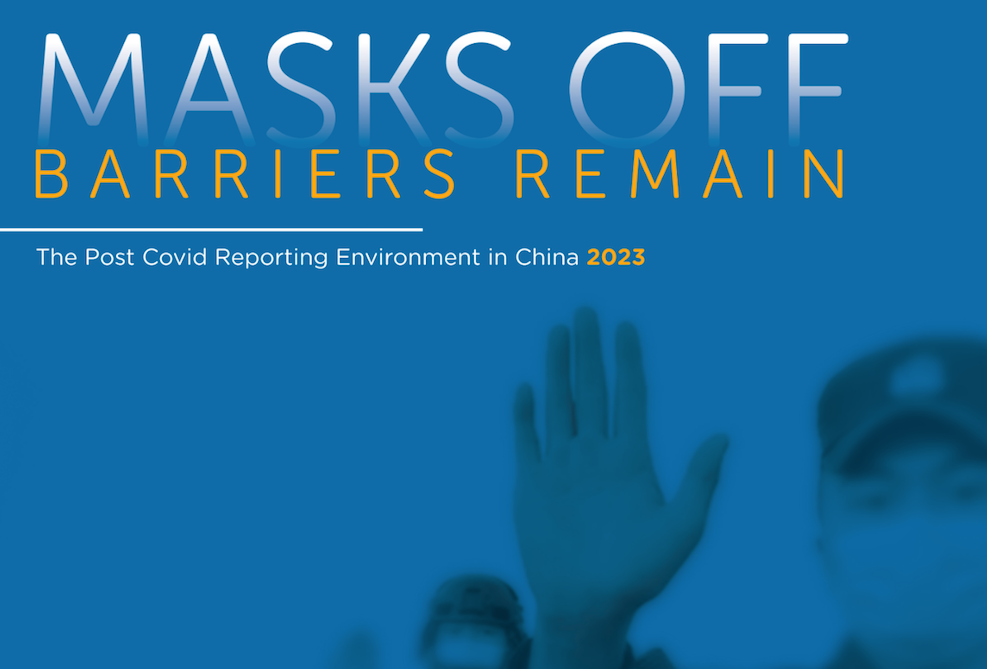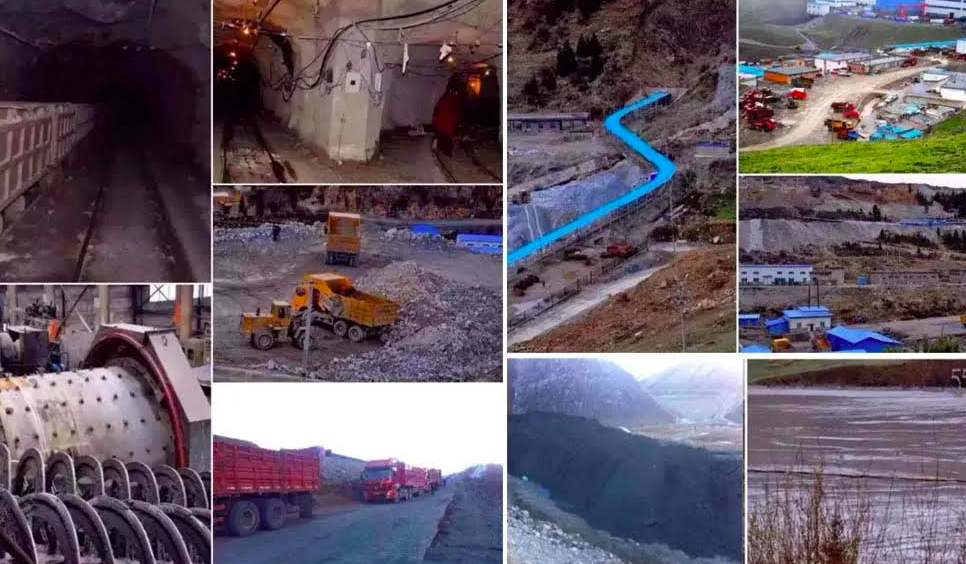UNTIL two years ago, farmer Nyima, 44, and her husband, Bazhu, 45, eked out a living on their little plot outside Tsedang, earning about 300 yuan (S$63) a month.
Then she and her husband bought a truck – it changed their lives. Their income shot up to 20,000 yuan a year, after expenses, and it is now mostly derived from transporting materials for construction companies.
Now Madam Nyima is planning to buy another truck – and improve her farm yields.
Her living room is filled with pictures of the 10th Panchen Lama and religious paintings but it also holds the trappings of new-found wealth, a large colour TV and a refrigerator.
Madam Nyima sees little conflict between her Buddhist faith and her pursuit of material wealth.
‘On the one hand, one must pray to the Buddha, but on the other, one must also make a living,’ she says.
Hers is just one of many Tibetan families in transition as Tibet marches towards modernisation.
None of her three daughters will take up farming.
The two older ones work at a folk culture village nearby and there are plans for the youngest, Duwa, 17, to go to university when she finishes high school.
In the past, parents might have sent a son to a monastery – having a monk in the family is considered an honour – but this tradition too is changing.
Cidan, 21, from Gyantse, scoffs at the idea of entering a monastery, saying that only village boys would do such a thing these days.
He starts his first year at a college in Shaanxi this year.
‘My parents support me in my choice to go inland to study,’ he says, adding that when he finishes school he wants to work in the capital, Lhasa, possibly as a civil servant.
With economic development have come more opportunities and more choices in work and lifestyle but also pressure to move with the times.
Nowadays, farmers and herders who were once self-sufficient need cash to buy goods.
Donations to monasteries are being cut back as Tibetans set aside cash to do business or to improve living conditions, says Tibetan scholar Zhaxi Dongzhu of the Institute of Nationality Studies at the Academy of Social Sciences.
‘Traditionally, for Tibetans, appropriate work is farming and herding,’ he says.
Another Tibet expert, Professor Yang Jiaming of Sichuan University, laments that young Tibetans are now less interested in traditional arts and crafts, preferring new things.
‘You can’t retain old things which don’t jive with the new times,’ he says, citing as an example the fact that Tibetans of old turned to ‘wizards’ using prayers to ward off autumn hailstorms that damaged crops.
‘Now, with new technology, farmers use rockets to break up hailstorms.
‘It’s a cultural change that is inevitable.’ — Goh Sui Noi









